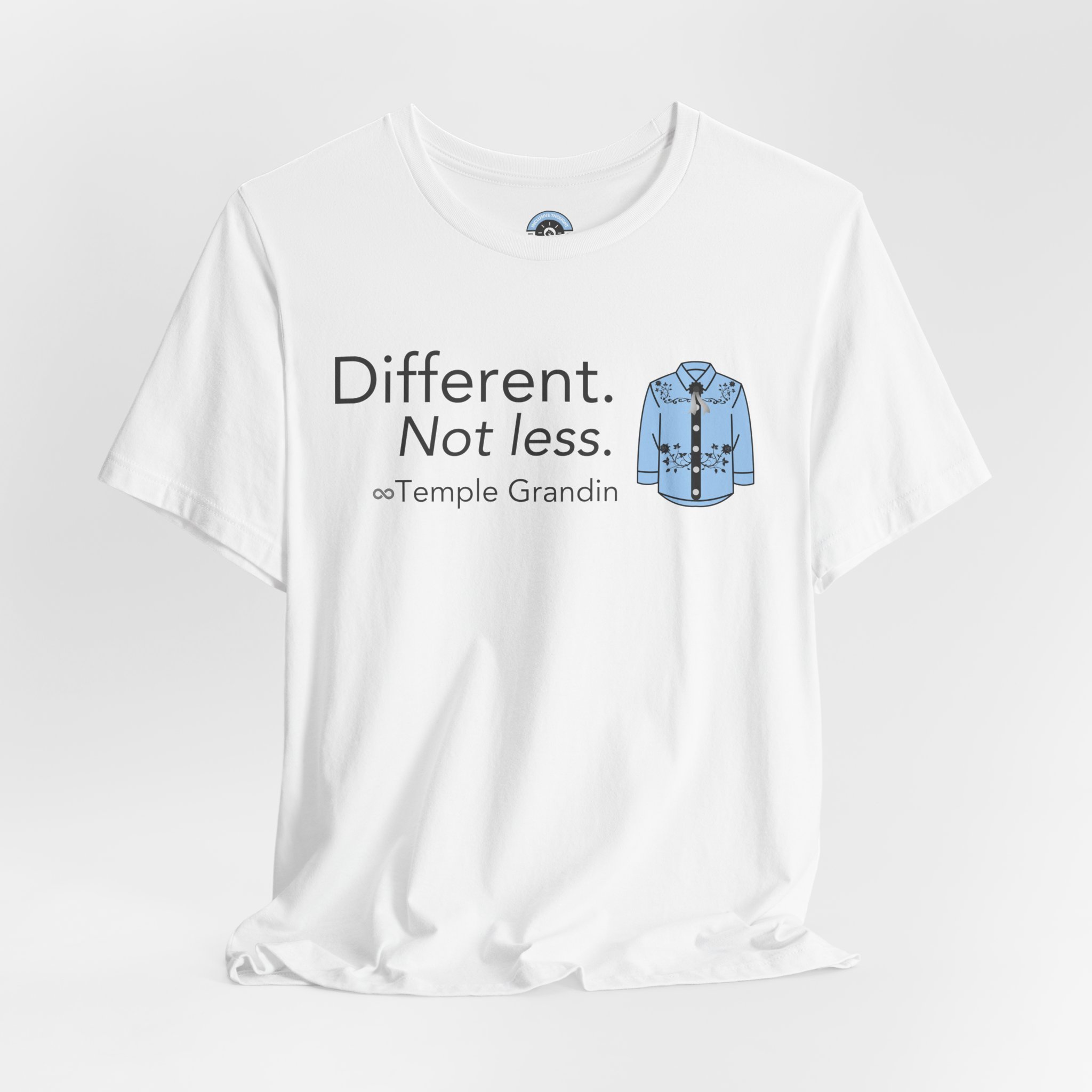Imagination on the Spectrum
Outdated stereotypes portray autistic people as lacking humor or imagination, but many are highly creative. Autism doesn’t bar someone from the arts or abstract thinking – in fact, a lot of autistic individuals are writers, artists, musicians, actors, or inventors. Sometimes their creativity might express differently (maybe very original or avant-garde ideas).
For example, celebrated autistic authors like Daniel Tammet write poetic memoirs; visual artists on the spectrum create stunning, unique works. Research has found that while autistics may approach creative tasks differently, they often produce ideas that are less conventional and more novel than neurotypical peers. One study noted autistic adults generated fewer responses on a creativity test, but the responses they did give were more original on average.
Many autistic people develop elaborate fantasy worlds or stories, especially in youth, as a form of escape or play (think of Dungeons & Dragons, anime, or sci-fi fandoms – domains where autistic fans thrive in imaginative engagement). The stereotype that autistic = no imagination likely stems from difficulties in social imagination (predicting others’ behavior) being conflated with overall imagination. In truth, autistic imagination is alive and well – it might manifest as quirky humor (autistics are known for a love of puns or dark comedy), or as inventing complex systems and games.
For allies, realizing this can be eye-opening: your autistic friend or student might surprise you with their wit and creativity if you give them the chance. Don’t mistake a literal communication style for a lack of humor – often, autistic humor is just very dry or unintentional. Many in the community joke about how outsiders think they have no humor while they themselves laugh at all the memes in autistic social groups.
In sum, autistic minds can be extremely creative – just in ways you might not expect.




